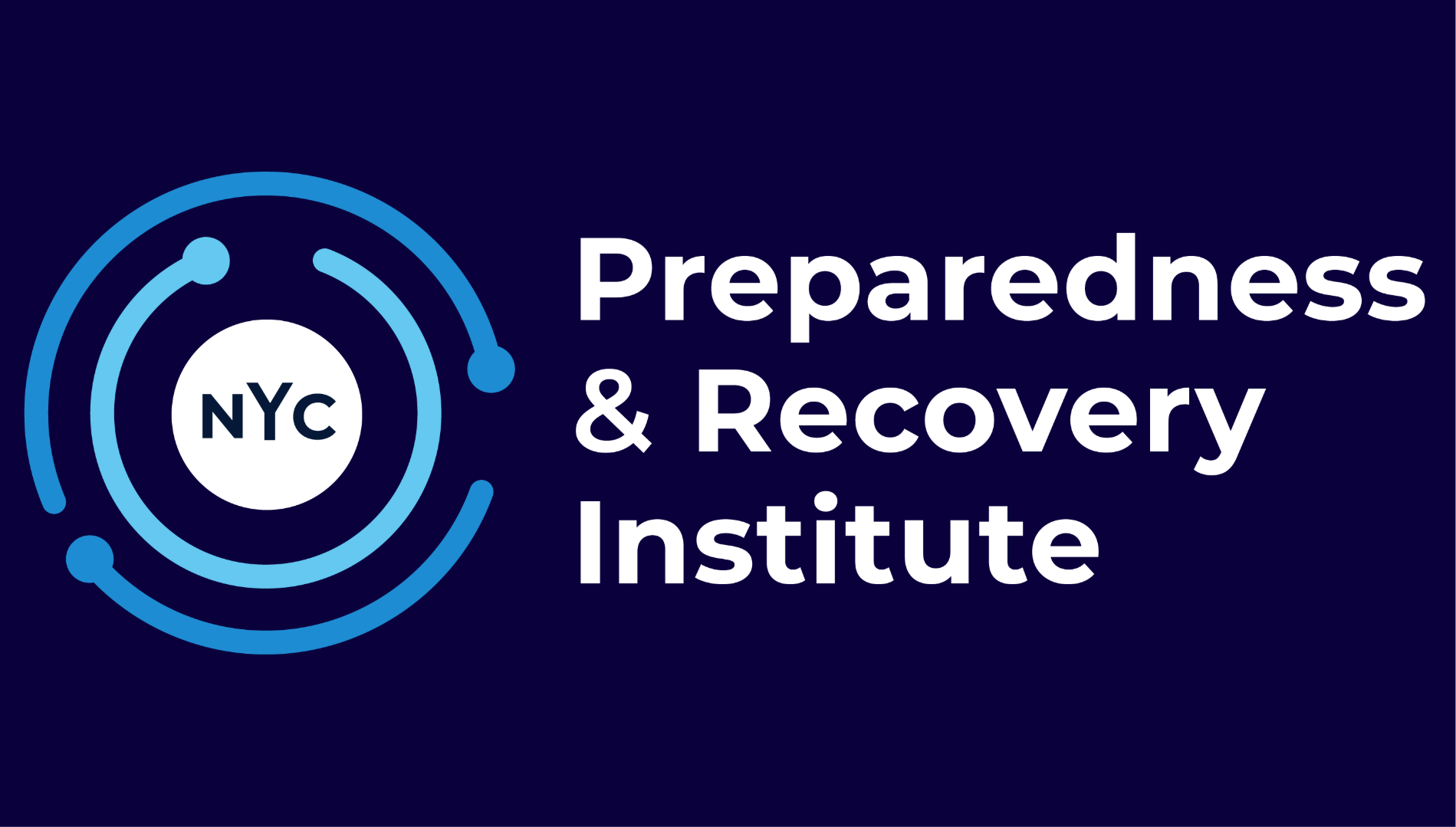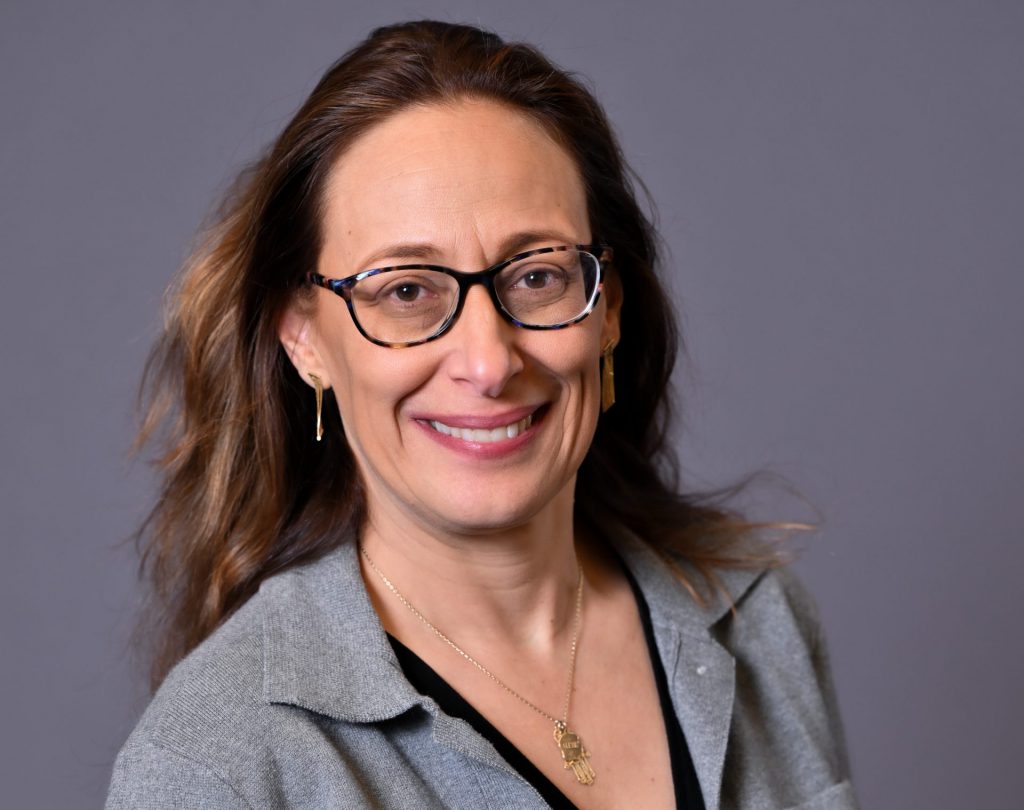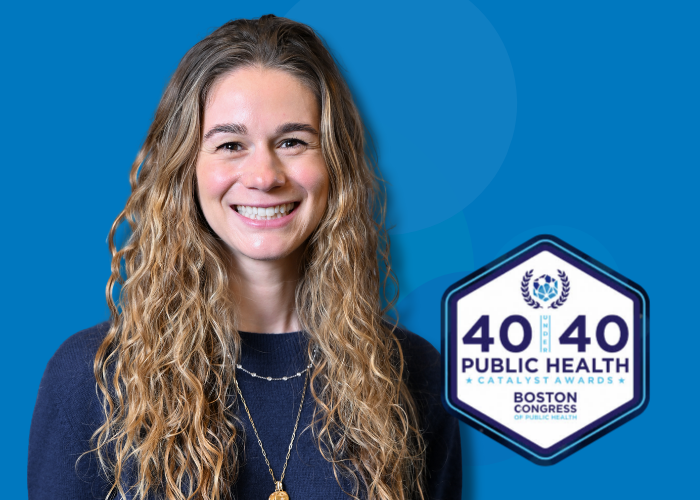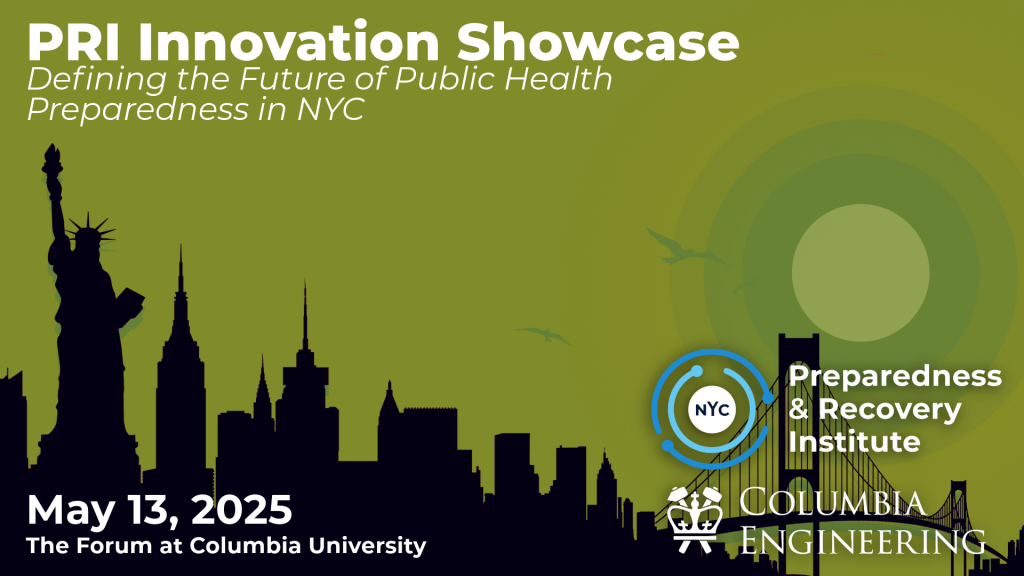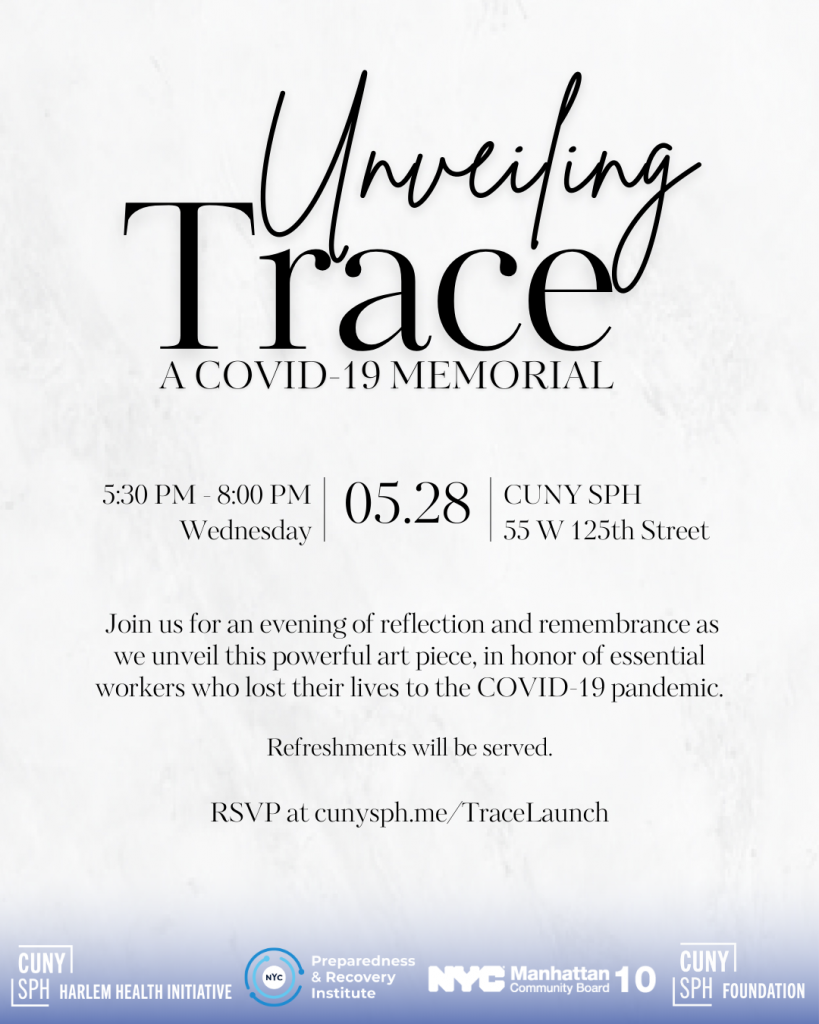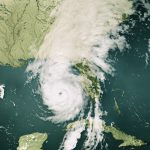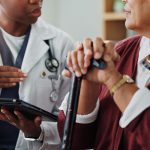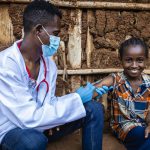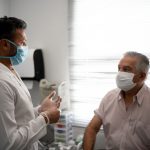Launched in 2022 by the City of New York, the NYC Preparedness & Recovery Institute (PRI) is a resource that engages diverse organizations, institutions, and communities to build a cohesive and comprehensive preparedness and recovery network. Led by ICAP at Columbia University with key partner, the CUNY Graduate School of Public Health & Health Policy (CUNY SPH), PRI was created to strengthen NYC’s ability to prepare for, respond to, and recover from major health emergencies.
PRI is always active, always ready—even between emergencies, we work to build resilience, promote preparedness and ensure an equitable response to these threats. Our whole-of-society approach brings together government agencies, health institutions, businesses, community groups and academic centers to drive impactful change.
Over the past three years, PRI has strengthened crisis coordination across NYC, influenced public health policies on COVID-19 risk assessments and mpox diagnostics, and advanced epidemiological modeling to better predict and respond to infectious diseases and climate-related threats. We have also developed innovative data-sharing projects to amplify community voices in emergencies, funded new tools and technologies to enhance emergency preparedness, and established the CDC-supported Region 2 Center for Public Health Preparedness and Response (PHPR), while also coordinating the national network of regional centers across the country.

